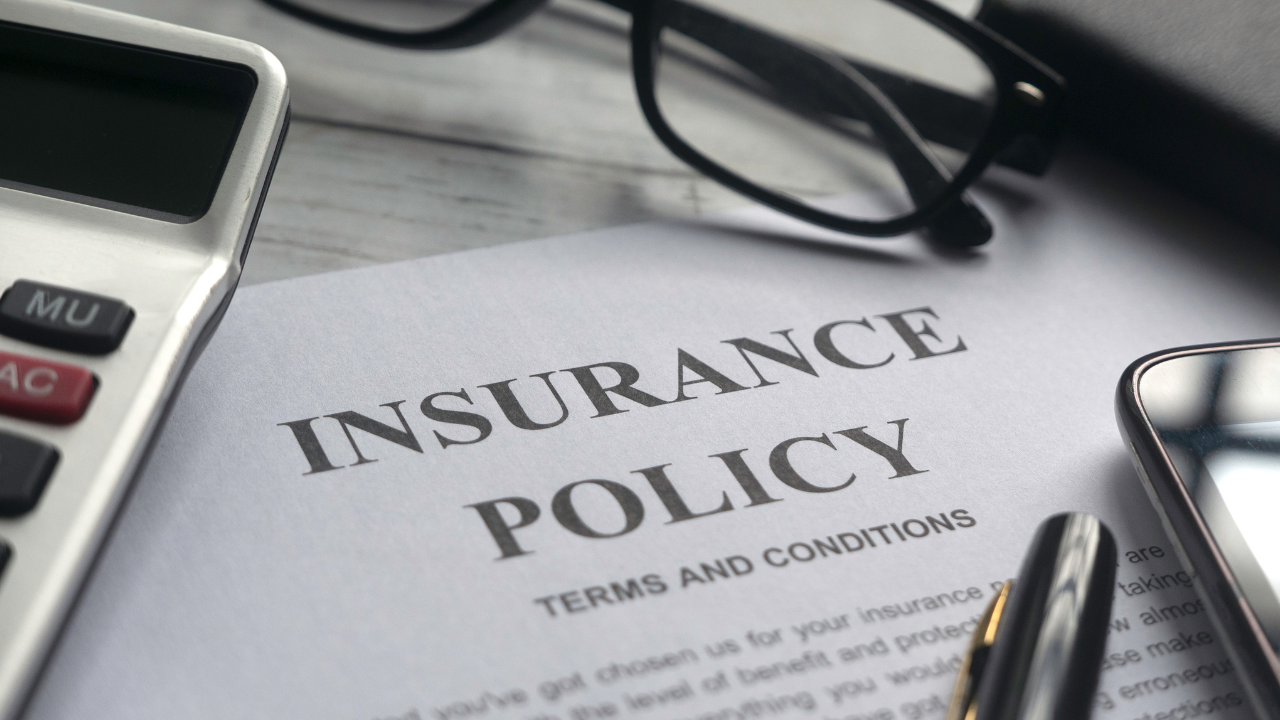Q: Why are property insurance rates currently so high in Florida?
A: The spike in property insurance costs in Florida can be attributed to a combination of the state’s high susceptibility to natural disasters, notably hurricanes, and a significant reduction in the number of private insurers operating within the state. This trend was notably exacerbated following Hurricane Ian in October 2022, which led to a temporary halt in new policy issuances by the remaining insurers to manage the influx of claims.
Q: What caused private insurers to exit the Florida market?
A: Over the years, private insurers have been retreating from the Florida market due to the overwhelming number of fraudulent claims filed in the aftermath of natural disasters. In 2021 alone, financial results showed that property insurers had $1.22 billion in underwriting losses.
This situation reached a critical point after Hurricane Ian, prompting the few remaining insurers to cease taking on new policies for up to eight months to focus on existing claims.
Q: Who was providing insurance during this period of limited availability?
A: During the period when private insurers paused on issuing new policies, the state-run insurer, Citizens, was the primary source for new homeowner policies, alongside Olympus. Citizens catered to homes older than 40 years, while Olympus focused on properties less than 40 years old.
Q: How did the construction boom affect insurance rates?
A: The construction boom, aimed at accommodating the influx of new residents since 2020, introduced a significant number of new construction units into the market. With only a few insurers willing to take on new business and a high demand for housing, insurance prices were driven up due to the reduced competition and increased risk.

Q: What legislative measures have been taken to address this issue?
A: In December 2022, the Florida state government passed legislation aimed at attracting insurers back to the market. This included measures to curb fraudulent claims, such as removing contractors’ ability to submit Assignment of Benefits (AOB) claims.
Florida’s insurance marketplace has been plagued by unscrupulous cottage industries whose business model is capitalizing on consumers’ insurance policies. Bad actors in the construction, roofing, public adjusting, and legal industries have used abusive solicitation and marketing tactics to manipulate the claims process for their benefit.
According to the law, property owners with insurance policies issued after January 1st, 2023, may not assign their insurance benefits to another party.
However, despite the new legislation, the process of attracting insurers back to the market will take several years, potentially causing harm to policyholders during the interim. By removing a helpful tool for property owners, the legislation will notably make it harder to receive fair compensation for damages following events like hurricanes. Furthermore, it could make it more difficult to find skilled contractors to repair homes by reducing the incentives these companies receive for prompt work.
The impact of these laws on reducing rates is expected to be seen around late 2024 or 2025.
Q: Why will it take time for insurance rates to decrease?
A: The process of stabilizing insurance rates involves encouraging private insurers to re-enter the market, a task that requires time and strategic adjustments. Insurers like Coastal and Orange are beginning to take over policies from Citizens, focusing initially on the least risky properties. As insurers gradually expand their coverage, including to higher-risk coastal areas, rates are expected to begin decreasing. However, this transition period means homeowners may still face high rates for another 12 to 18 months.
Q: What can homeowners expect in the future regarding property insurance rates in Florida?
A: Homeowners can expect a gradual decrease in property insurance rates as the market stabilizes and more private insurers return to Florida, driven by the legislative changes aimed at reducing fraud and making the market more attractive. By the end of 2024, the rate increase is expected to have peaked, with a downward trend anticipated as the effects of these measures become more pronounced across the market.
This Q&A aims to shed light on the complex dynamics influencing Florida’s property insurance market, offering homeowners and potential buyers insights into the challenges and the legislative efforts underway to mitigate these issues.
A special thank you to Andrea Ohmes from Valiant Insurance for her wonderful insights and expert knowledge in assisting with this article. If you have any insurance requirements or questions please feel free to contact Andrea on 941-225-8546 or vie email andrea@valiant-grp.com.
If you’re navigating the Sarasota real estate market and looking for more insights, don’t hesitate to reach out. Let’s make your homeownership dreams a reality. Your perfect home might be closer than you think.

 Facebook
Facebook
 X
X
 Pinterest
Pinterest
 Copy Link
Copy Link
